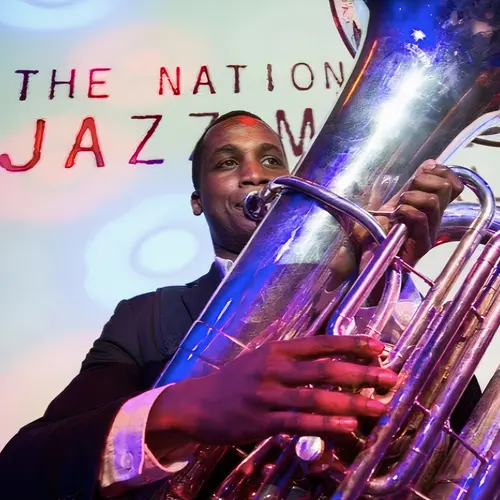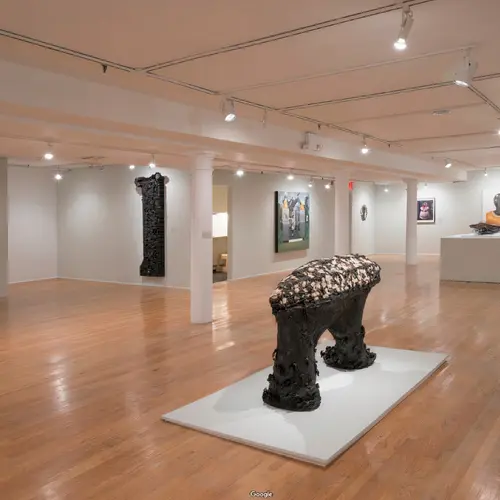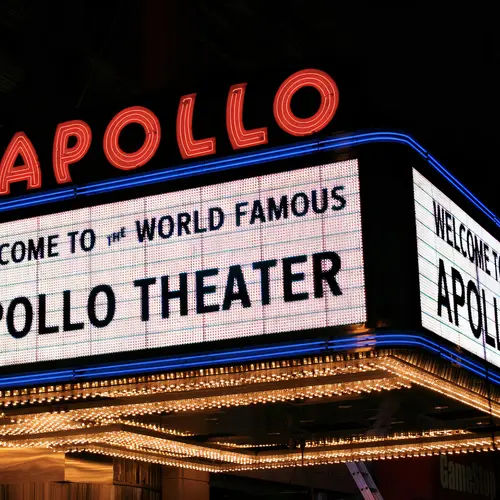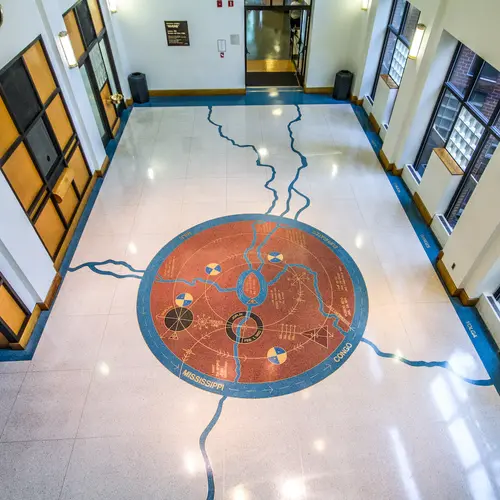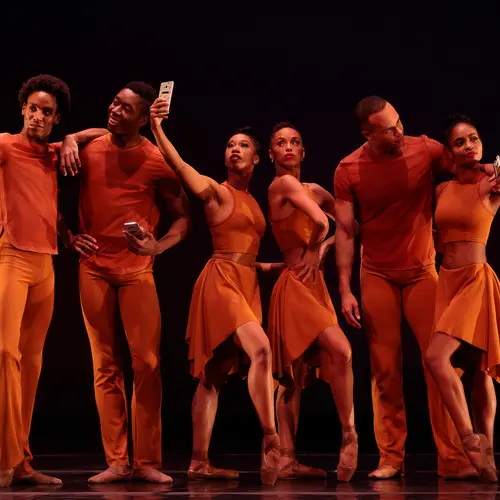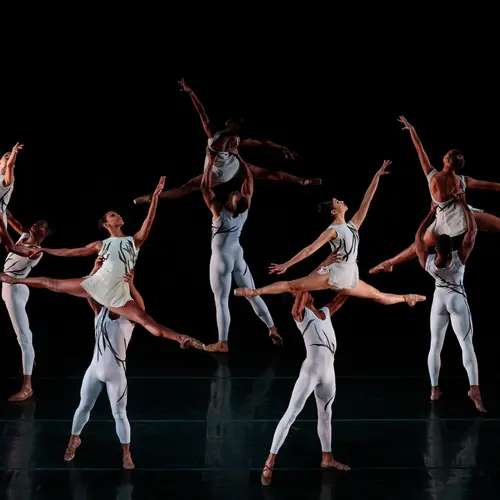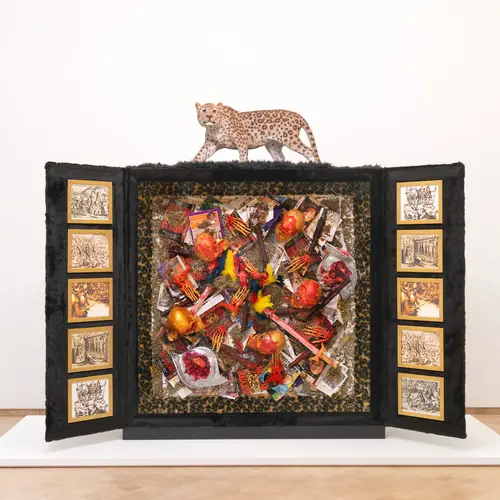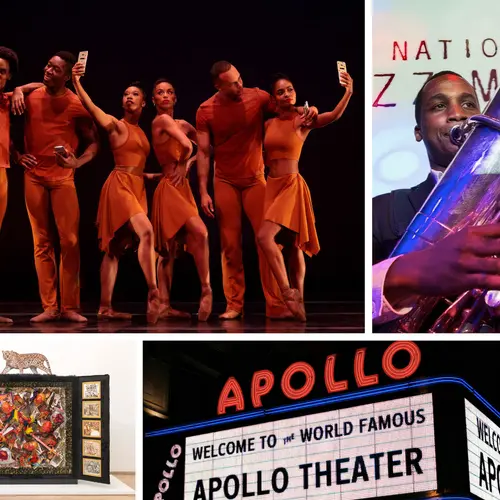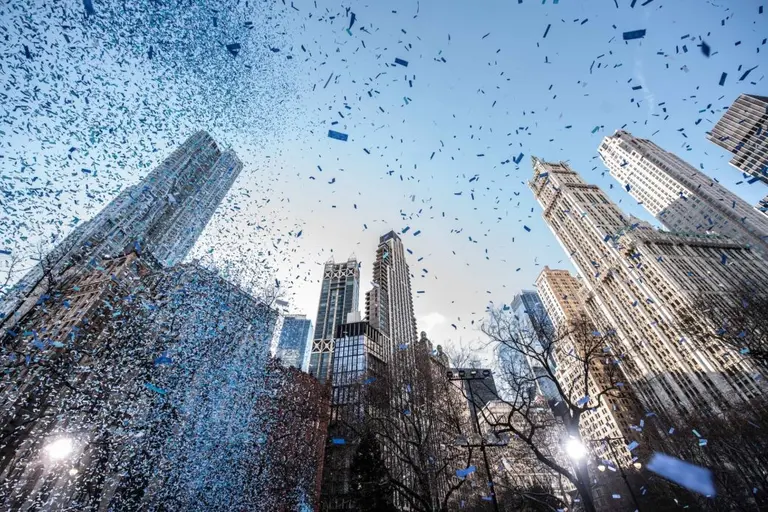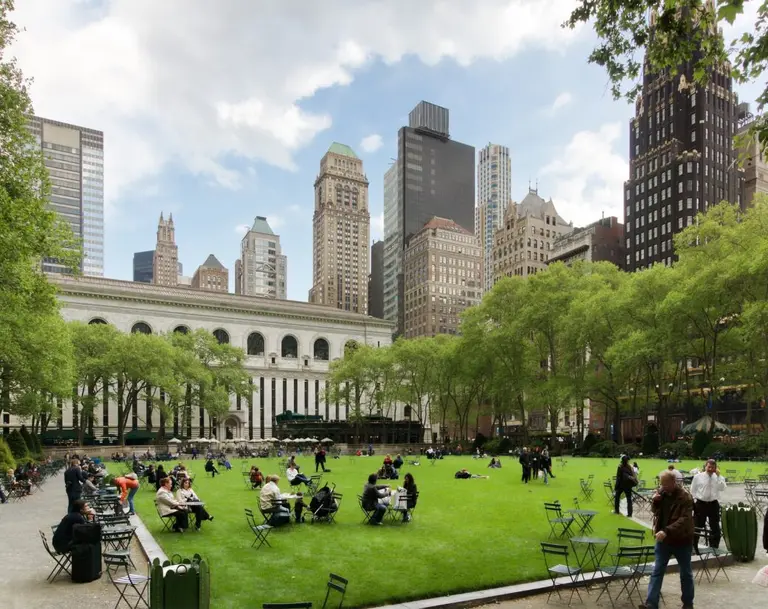An art lover’s guide to NYC: Where to get your culture fix in Harlem
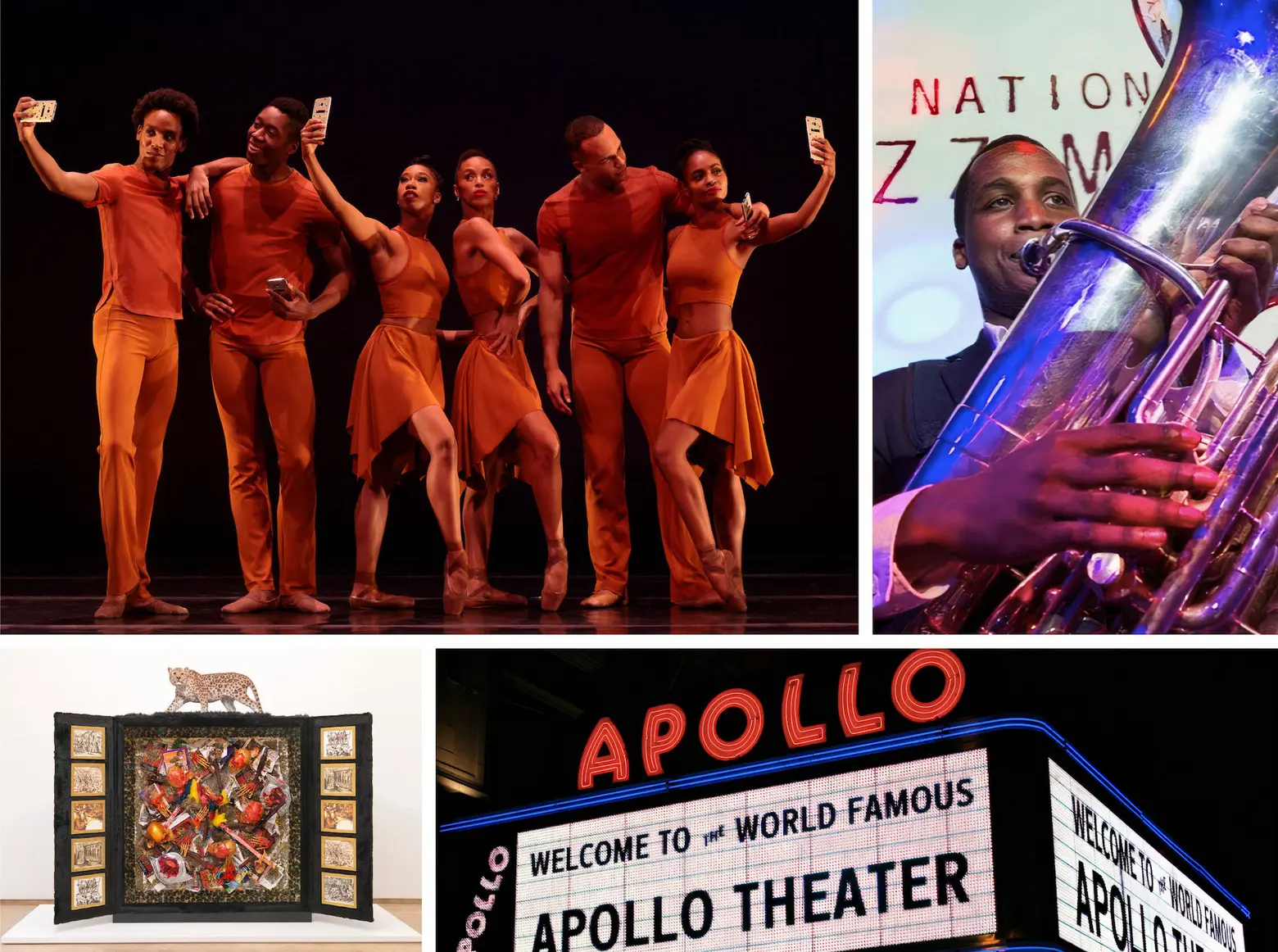
Located at the northern end of Manhattan, Harlem has long been an important hub of culture and creativity. From the Harlem Renaissance to today, the area holds a critical place as a historic center of African American culture. It has been home to famous residents such as Zora Neale Hudson and Langston Hughes, brought together iconic artists including Josephine Baker and Duke Ellington, and remains at the heart of New York’s artistic community. Though Harlem has changed as gentrification creeps north, there are still many cultural anchors that retain the historic soul of the neighborhood. From dance and jazz to museums large and small, here is an art lover’s guide to Harlem.
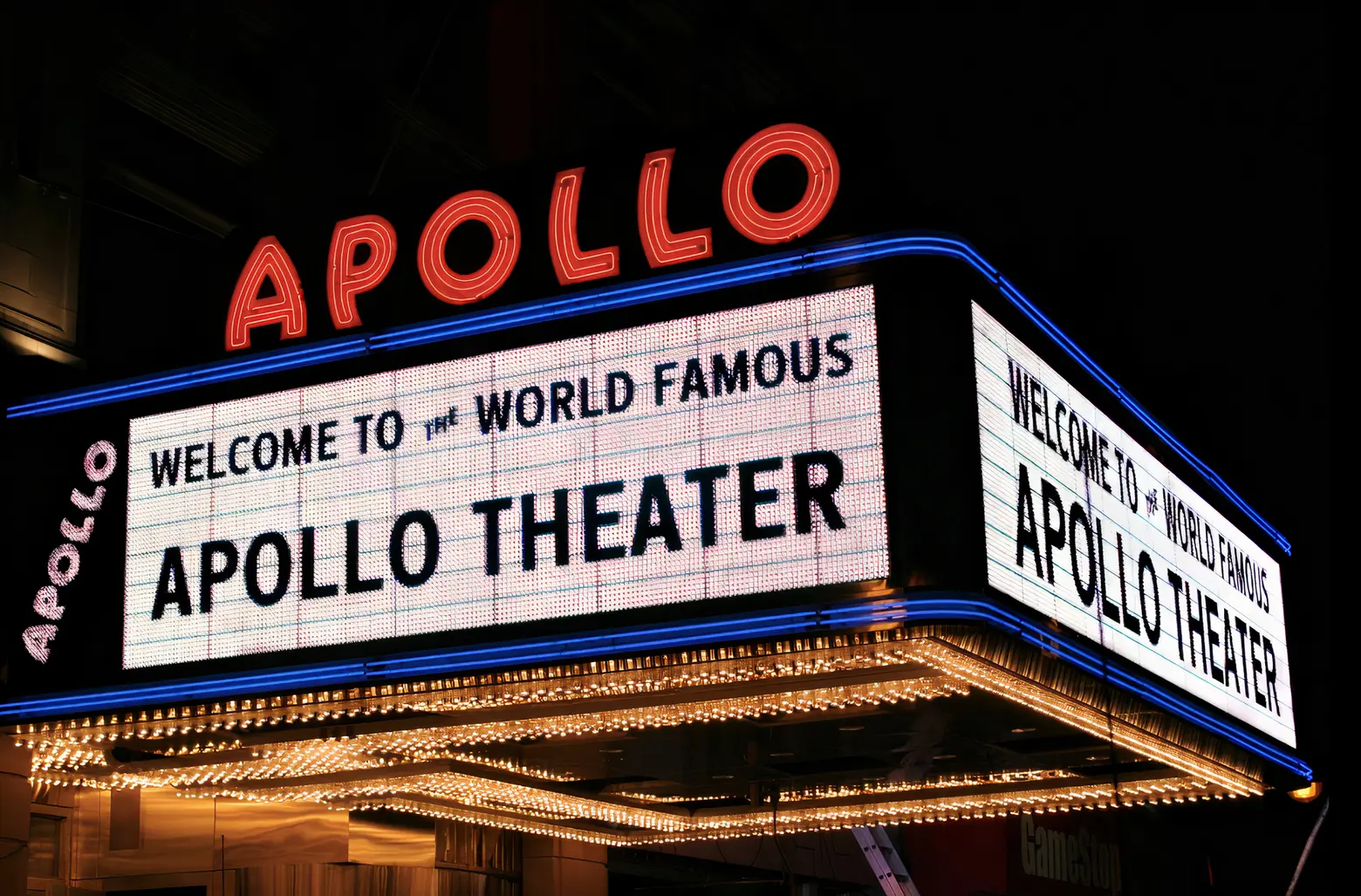
Photo courtesy of the Apollo Theater
The Apollo Theater
Since its opening in 1914, the stage of The Apollo Theater has been graced by legends like Ella Fitzgerald, James Brown, and Billie Holiday. Over the years, the theater has been the cultural heartbeat of Harlem, and it continues to be a major force in the theater community. Throughout the year, the theater presents a diverse run of live performances, from jazz groups and comedy acts to big-name stars like Alicia Keys and Jennifer Hudson. Aside from its programming, the Apollo is especially well-known for another calendar staple: Amateur Night. The famous live talent competition, which has been around since the 1930s, has launched the careers of countless artists, including Ella Fitzgerald, Lauryn Hill, Busta Rhymes, and H.E.R.
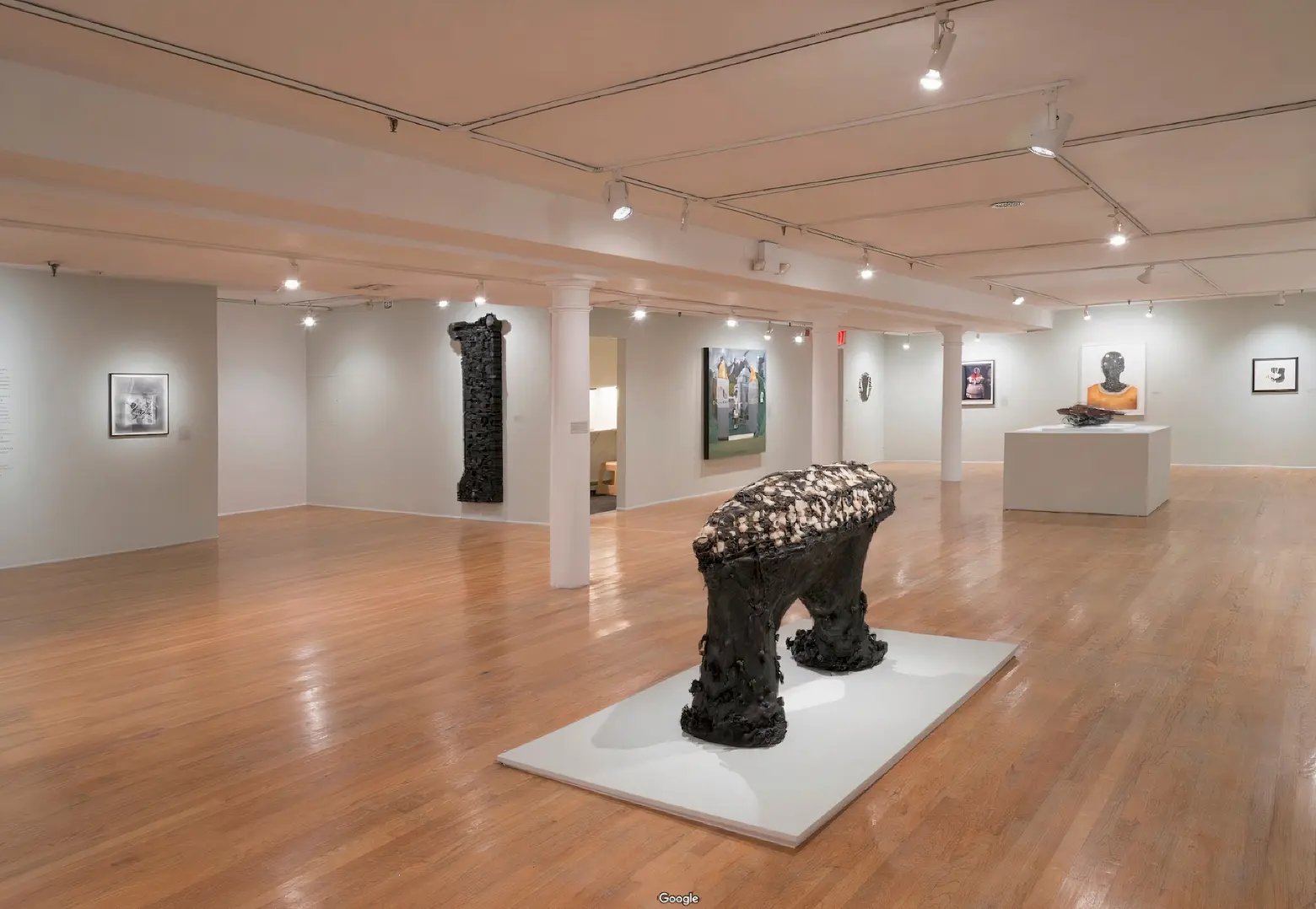
Photo courtesy of the Studio Museum in Harlem
The Studio Museum
When the Studio Museum in Harlem first opened in 1968, it was the first fine art museum in the country to showcase the work of Black artists. Since then, the museum has been dedicated to promoting visual artists of African descent. With a permanent collection of over 1,600 art objects including paintings, prints, photographs, sculptures, and more, the museum illuminates the Black experience in the United States throughout history and shines a light on current issues. Rotating exhibitions highlight items from the collection as well as contemporary artists at work today.
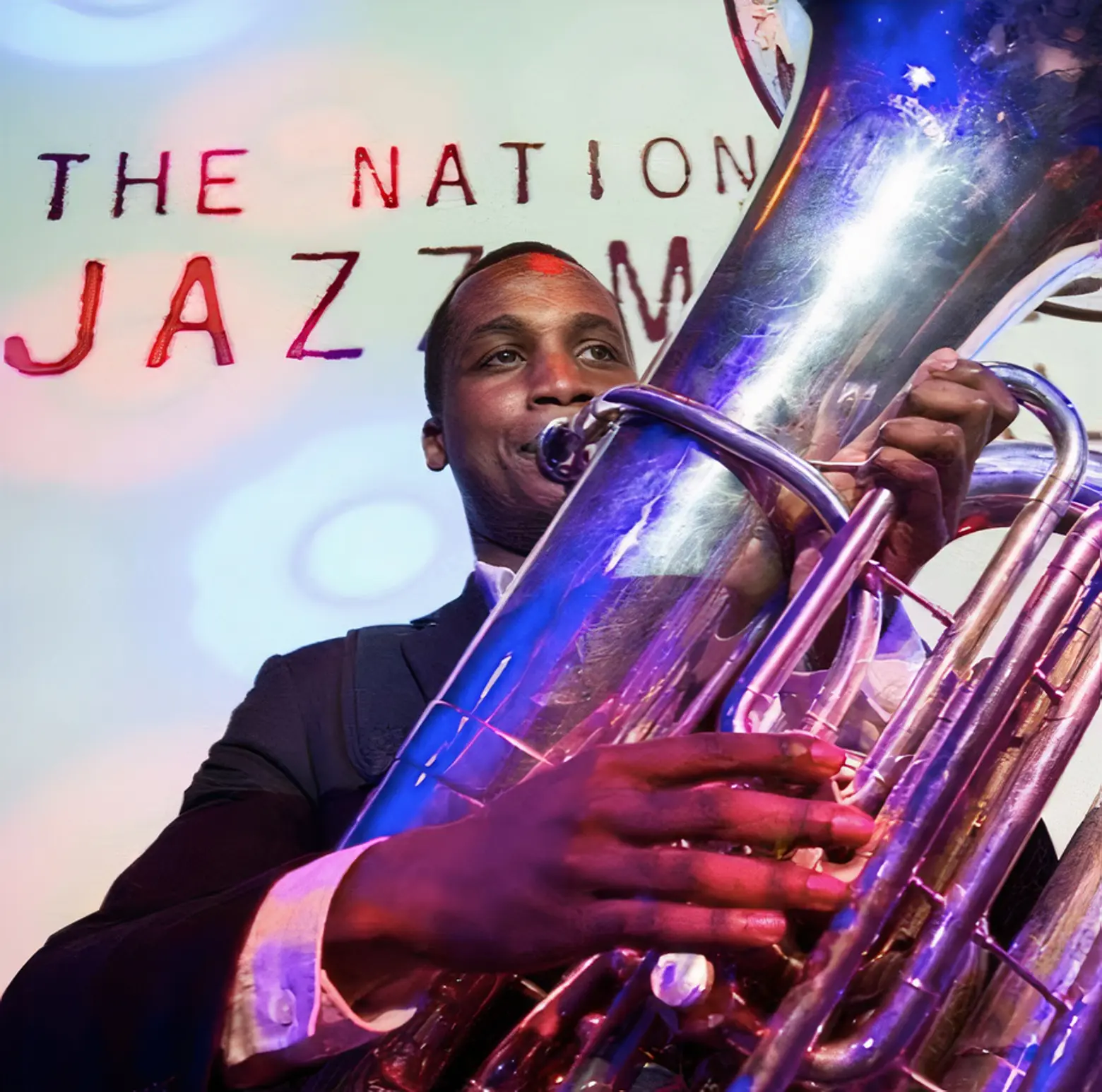
Photo courtesy of the National Jazz Museum in Harlem
The National Jazz Museum in Harlem
Jazz is the only distinctly American art form, and the National Jazz Museum in Harlem is an important guardian of the spirit and history of jazz music. Through exhibitions, education initiatives, performances, and lecture series, the museum strives to preserve the musical form, as well as engage with a broad audience. They explore the evolution of musical genres, entertain with live performances and, most importantly, connect us all through music.
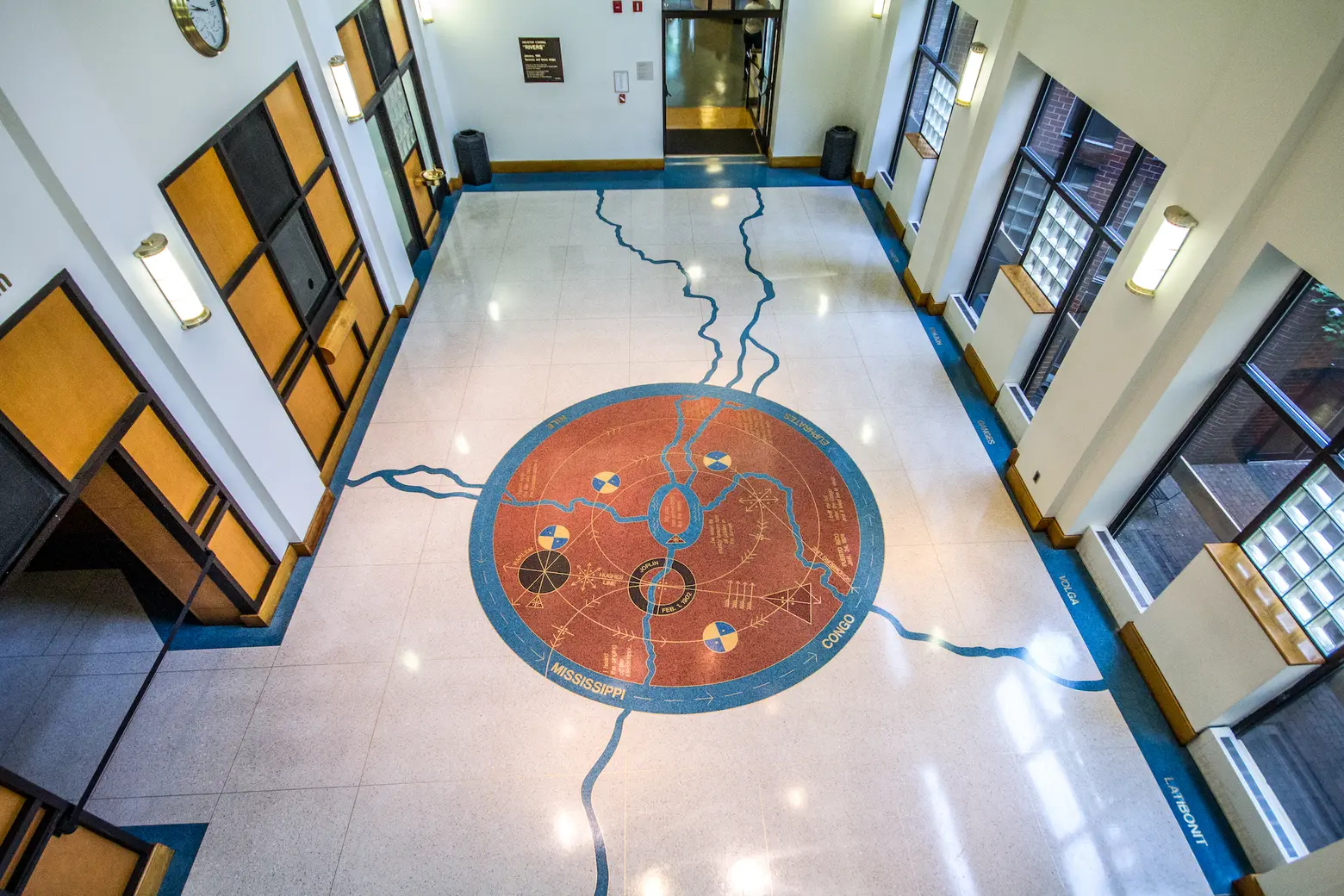
Photo courtesy of the Schomburg Center for Research in Black Culture
The Schomburg Center
Considered a pillar of the Harlem community, the Schomburg Center for Research in Black Culture is an archival institution of the New York Public Library dedicated to the experiences of African Americans, Africans, and the African Diaspora. It is a place that draws academics from around the world while also remaining a cornerstone of its community. With more than 11 million items in the collection, the center is a unique and leading research institution. In addition to its lauded collection, public programming, and education opportunities, the Schomburg Center also hosts exhibitions throughout the year that explore subjects related to those of African descent.
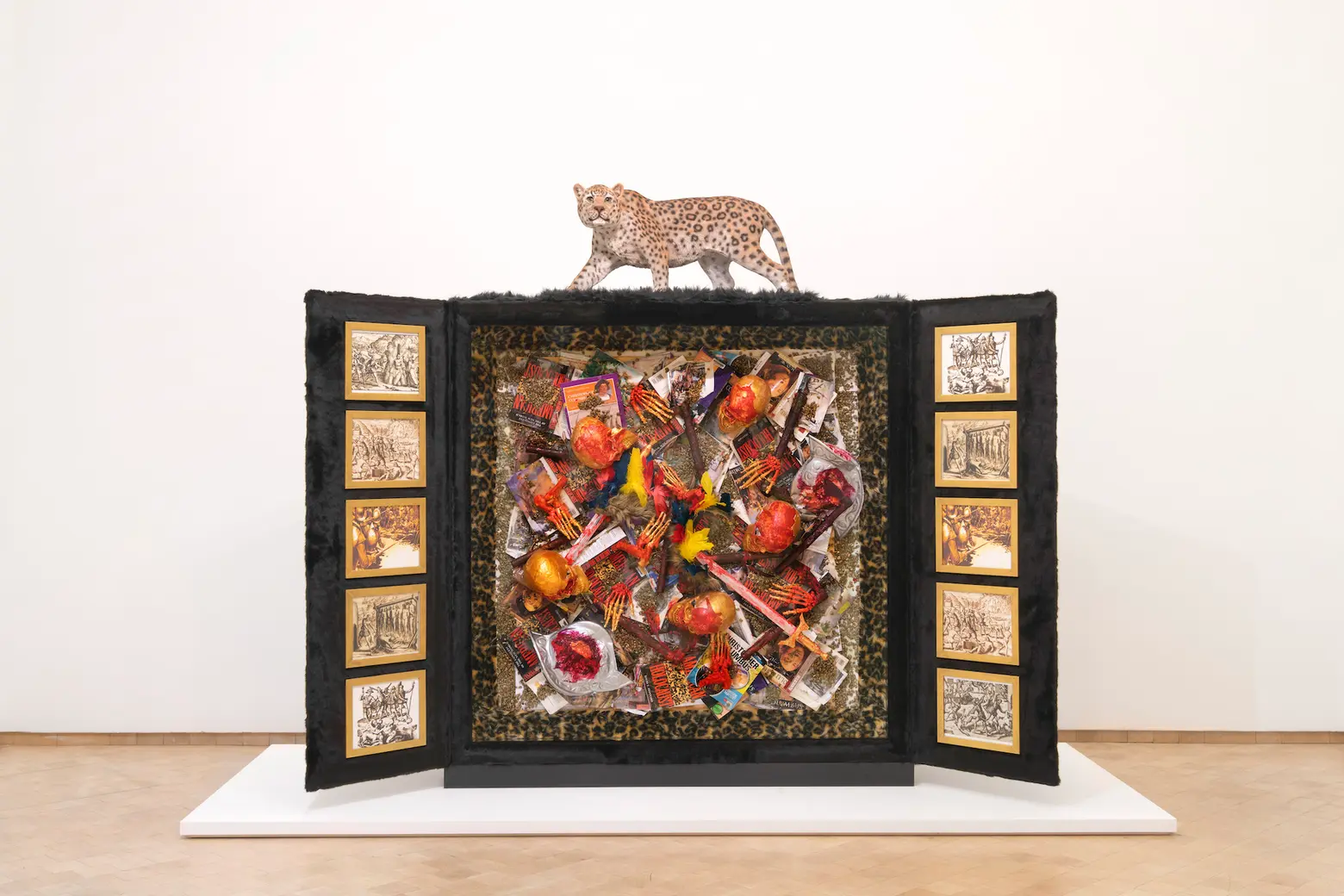
“The Memorial by Raphael Montanez Ortiz to the sadistic Holocaust Destruction of millions of Our Ancient Arawak-Taino-Latinez Ancestors begun in 1492 by Columbus and his mission to with the Conquistadores Colonize and deliver to Spain the wealth of the New World no matter the human cost to the New Worlds less than human ABorigine inhabitants…”2019-2020. Collection of El Museo del Barrio, New York. Gift of the artist.
El Museo del Barrio
Located along Museum Mile, in what has historically been the neighborhood of Spanish Harlem, El Museo del Barrio is the nation’s premier Latinx and Latin American cultural organization. With a permanent collection of over 8,000 objects, the museum is the steward of archeological artifacts, paintings, photographs, sculptures, fine prints, and devotional relics that range from pre-Colombian times through to today. Beyond the permanent collection and special exhibitions, the museum also manages a robust events calendar that includes talks, festivals, celebrations, and bi-lingual educational programming. El Museo del Barrio this month opened the first large-scale exhibition dedicated to Raphael Montañez Ortiz, a key figure in the Destruction Art movement and founder of the Harlem museum. Raphael Montañez Ortiz: A Contextual Retrospective will be open through September 11, 2022.
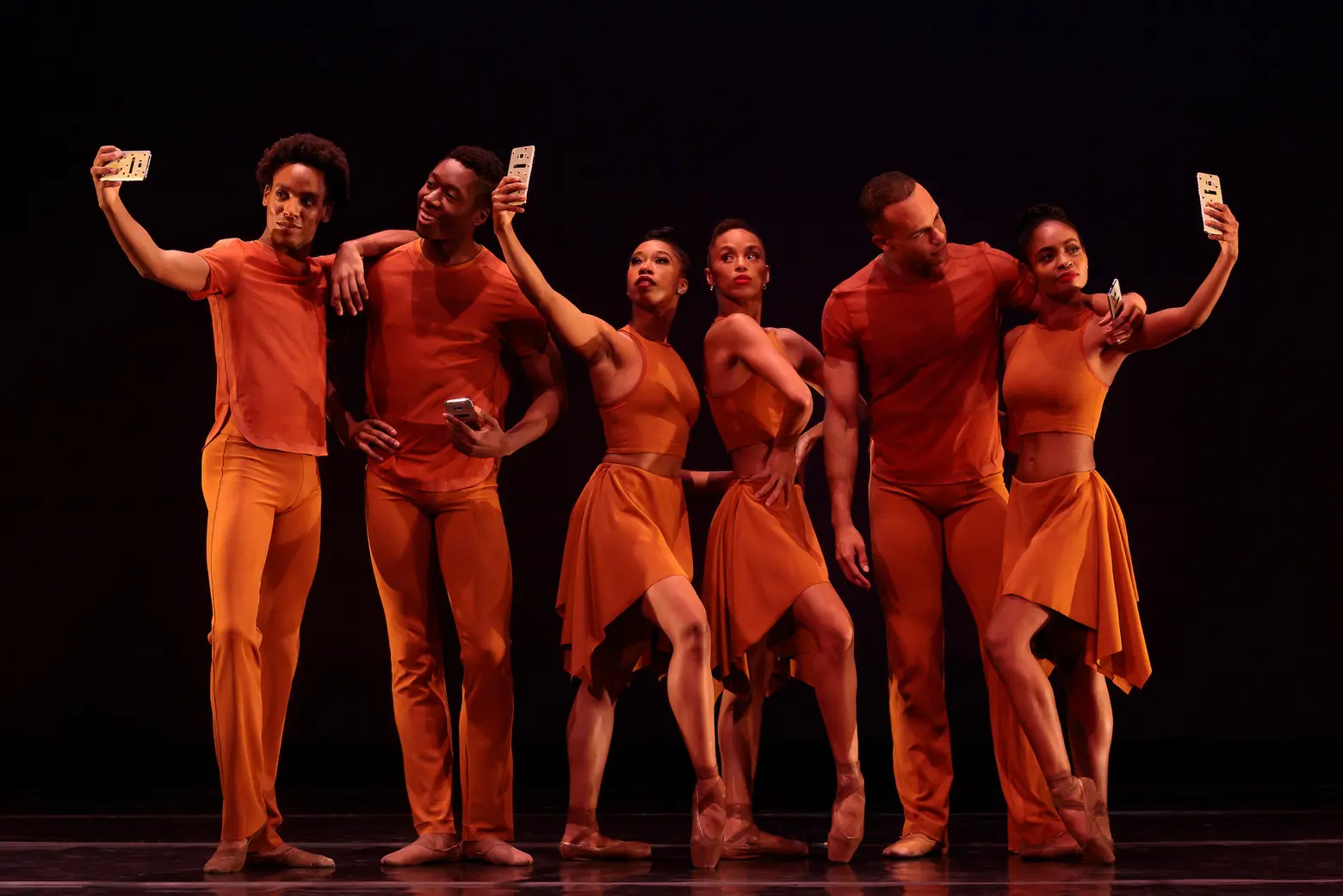
DTH Company in Higher Ground. Photo by Theik Smith; Courtesy of Dance Theater of Harlem
Dance Theater of Harlem
Since its founding in 1969 by Arthur Mitchell, the first Black principal dancer at New York City Ballet, Dance Theater of Harlem has been a pioneering force in the dance world. Mitchell, who grew up in Harlem, created the company and an accompanying school to teach and present classical ballet in his community. Now, the company tours throughout the United States and internationally, while still maintaining a strong presence in its long-time neighborhood. Those looking to get moving can join adult open classes throughout the week, and company fans can check out their upcoming performance schedule on the website.
RELATED:
